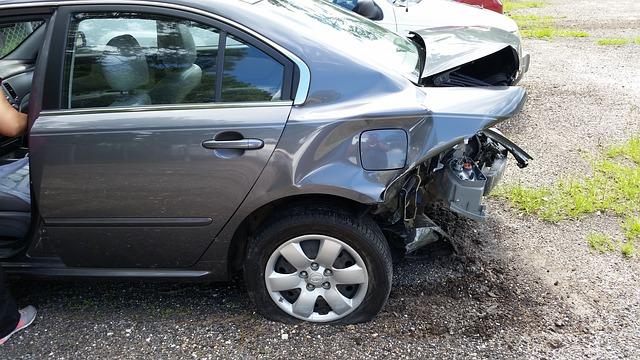 After you have been in an auto accident, or have suffered other personal injuries due to another’s carelessness, you probably do not want to think about all the issues arising from the accident. Most importantly for you is to focus on your health and medical care. However, part of the settlement process in a personal injury case requires the handling of liens. Negotiating the settlement of hospital liens can be very complex, and it’s important to have an experienced personal injury lawyer on your side. Colorado Revised Statute § 38-27-101 provides that a hospital may have a lien for all reasonable and necessary charges for care provided to an injured person resulting from an accident.
After you have been in an auto accident, or have suffered other personal injuries due to another’s carelessness, you probably do not want to think about all the issues arising from the accident. Most importantly for you is to focus on your health and medical care. However, part of the settlement process in a personal injury case requires the handling of liens. Negotiating the settlement of hospital liens can be very complex, and it’s important to have an experienced personal injury lawyer on your side. Colorado Revised Statute § 38-27-101 provides that a hospital may have a lien for all reasonable and necessary charges for care provided to an injured person resulting from an accident.
The Law
In Colorado, you must resolve all medical liens before or at the time of settlement in a personal injury case. Colorado statutes provide the rules associated with hospitals liens and perfecting those liens. For a hospital lien to take effect, the statutorily required information must be filed by the hospital in the Office of the Secretary of State prior to any judgment, settlement, or compromise in the case or claim. Furthermore, case law provides that once a hospital gives notice to an insurer under one policy or coverage that notice should be sufficient for all other coverages provided by that insurance company. It’s important to note, that a patient’s ability to pay does not affect the enforceability of the hospital’s claim for full payment of its services.
The Governor recently signed into law Senate Bill 15-265, which added to C.R.S. § 38-27-101 what a hospital must do before it can create a lien. It adds that it must submit all reasonable and necessary charges for care or services rendered to the patient’s insurance company in the same manner the hospital provides for patients who are not injured as the result of negligence or wrongful acts of another person. Additionally, if a hospital is notified that the patient has medical insurance (or a payer of benefits) after it creates a lien, then the hospital shall make good-faith attempts to submit its bills to the identified insurance company. Furthermore, if an injured person has a hospital lien against them that is in violation of the statute then they can sue the hospital for up to two times the amount of the lien asserted.
What can an Attorney do for you?
So you’re dealing with medical bills, the insurance company, and now you’re worried about liens. This is what an attorney can do for you:
- An attorney can figure out if there is a hospital lien and if it has been perfected.
- An attorney can ensure that there has been no improper billing by the hospital.
- An attorney will determine if any part of the bill has been paid and if any balance exists.
- An attorney can help reduce a lien so that it covers only the actual medical bills and not unrelated treatment.
- An attorney can navigate Medicaid claims associated with your personal injury case.
- An attorney can ensure that your hospital lien is settled so that it doesn’t prevent you from receiving your settlement check.
It’s often difficult to negotiate a fair settlement in a personal injury claim, especially when liens are involved. The experienced attorneys at McDivitt Law Firm have reduced hospital liens for many clients over the years. If you have been in an accident, don’t deal with the insurance company on your own; contact us for a free consultation.


